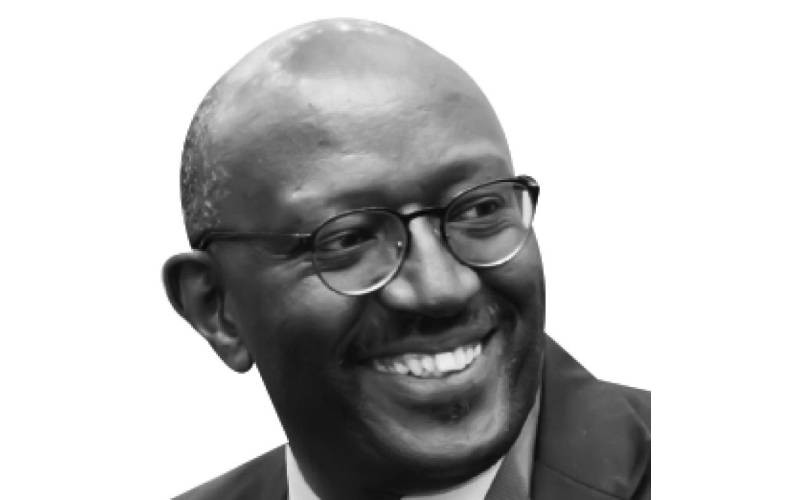×
The Standard e-Paper
Stay Informed, Even Offline

The emergence of integrated circuits where electronic components are printed on a 'motherboard' means that we rarely know much about the individual components that make up the gadgets we use, from computers to phones or TVs.
Who talks about resistors, transistors, capacitors, diodes and other components?